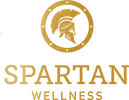The Quinism Foundation Partners with Spartan Wellness to Assist in Screening Canadian Veterans for a History of Symptomatic Mefloquine Exposure
Following the announcement of its recent partnership with Lifemark Health Group, The Quinism Foundation has licensed its two-question White River Mefloquine Instrument (WRMI-2) to Spartan Wellness, a Canadian provider of specialty health care to Canadian veterans, to assist providers at this organization in screening veterans for a history of symptomatic exposure to mefloquine.
Spartan Wellness CEO and co-founder Riad Byne joined executive director Dr. Remington Nevin on the steps of Parliament Hill, in Ottawa, Canada, in making the announcement, which comes on the same day that The Quinism Foundation issued a formal call to Veterans Affairs Canada to screen all recent Canadian veterans for this exposure.
 “The Quinism Foundation is proud to partner with Spartan Wellness in helping to ensure all recent Canadian veterans are properly screened for a history of symptomatic exposure,” said Dr. Nevin.
“The Quinism Foundation is proud to partner with Spartan Wellness in helping to ensure all recent Canadian veterans are properly screened for a history of symptomatic exposure,” said Dr. Nevin.
“If the veteran reports symptomatic exposure on the WRMI-2,” said Dr. Nevin, “clinicians should retain an index of suspicion that any chronic neurologic or psychiatric symptoms, including those reported, could represent effects of mefloquine poisoning, a medical condition also known as chronic quinoline encephalopathy or neuropsychiatric quinism.”
Mefloquine has been widely prescribed to members of the Canadian Armed Forces on overseas deployments since the early 1990s. Health Canada now warns that mefloquine can cause several potentially permanent and disabling conditions.
“In 2017, Health Canada required that the patient medication information for mefloquine be updated to warn that in some people, dizziness, vertigo, tinnitus, and loss of balance may become permanent. Health Canada has warned that mefloquine can cause other serious side effects, including mental problems,” said Dr. Nevin. “Health Canada has also warned that symptoms of these mental problems can include severe anxiety, unusual changes in mood, panic attacks, feeling confused or disoriented, and experiencing thoughts of suicide. Health Canada states that these symptoms may last for years after stopping mefloquine.”
Annual Canadian Educational Meeting Recap
 The Quinism Foundation presented its first Annual Canadian Educational Meeting at the Royal Canadian Legion Dominion Command, outside of Ottawa, Canada. Attendees at the educational meeting included advisory committee member Marj Matchee, shown here with executive director Dr. Nevin.
The Quinism Foundation presented its first Annual Canadian Educational Meeting at the Royal Canadian Legion Dominion Command, outside of Ottawa, Canada. Attendees at the educational meeting included advisory committee member Marj Matchee, shown here with executive director Dr. Nevin.
Archived footage of the afternoon of lectures is available for viewing on The Quinism Foundation’s Facebook page. We thank the Royal Canadian Legion for their exceptional generosity and hospitality in providing meeting space, and for their continued support of calls for further research into mefloquine poisoning.


